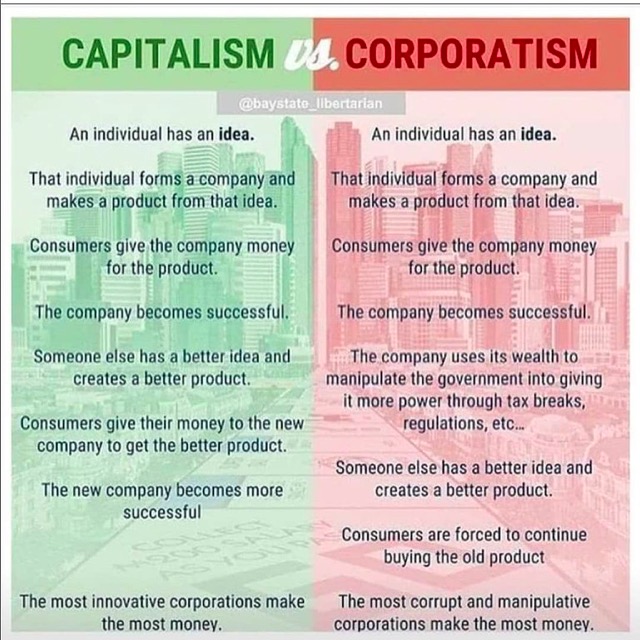Tuesday roundup
The Amazon Deal Shows Why We Must End Corporate Welfare
Top Ecuadorian Diplomat Destroys Guardian's Claim That Manafort Visited Assange
Migrant caravan hits tourism
Will Dems Protest Clintons, Too?
Macron Looks to Tax Measures to Curb
Truth Is What We Hide, Self-Serving Cover Stories Are What We Sell
Will Paris Riots Scuttle Climate Accord?
Revealed: Marriott's 500 Million Hack Came After A String Of Security Breaches
Paris protests reveal fracture between France’s haves and have-nots
Miseducated or Stupid?
I quit Instagram and Facebook and it made me a lot happier — and that's a big problem for social media companies
Is the FBI Raiding Whistleblowers' Homes to Protect Robert Mueller?
I deleted my Twitter account. It's a breeding ground for thoughtlessness and contempt.
“Adam Ruins Everything - The Real Reason Hospitals Are So Expensive”
"American healthcare might not be the best world, but it is the most expensive."
Read More...Tiny houses banned
Tiny Homes Banned in U.S. at Increasing Rate as Govt Criminalizes Sustainable Living
❝❝As the corporatocracy tightens its grip on the masses – finding ever more ways to funnel wealth to the top – humanity responds in a number of ways, including the rising popularity of tiny houses.
These dwellings, typically defined as less than 500 square feet, are a way for people to break free of mortgages, taxes, utility bills and the general trappings of “stuff.” They’re especially attractive to millennials and retirees, or those seeking to live off-grid.
But government and corporations depend on rampant consumerism and people being connected to the grid.
Seeking actual freedom through minimalist living should seem like a natural fit for the American dream, but the reality is that many governments around the country either ban tiny homes or force them to be connected to the utility grid.❞❞
Bad ideas
corporatism
❝A politico-economic system in which most power is held by large corporations, often mistakenly called capitalism. This is the current governing system of most of the world❞
➣ www.urbandictionary.com/define.php?term=corporatismIf your business model depends on government intervention, you'll ignore the "customer" and focus on manipulating and controlling the government. That's how to get a bigger profit under corporatism.
corporate social responsibility
❝economic, legal, ethical, and discretionary expectations with society has of it's corporations and institutions at any given point in time❞
➣ www.academia.edu/419517/Corporate_Social_Responsibility_Evolution_of_a_Definitional_ConstructAs hard as it may be for some to believe, corporations have absolutely zero social responsibility. A corporation is responsible to it's shareholders first and last. The way that a company keeps and makes more customers is by selling what the people want in a way that is equal to or maybe a bit better than the competition. That brings more profit which means the owners are happy. Anything else is literally the price of doing business.
Companies don't care, people should. If you don't like what a company sells or how it does business, go to the competition. Under no circumstances should you get government to make a company do what you want. That leads to corporatism, and that means neither the government nor the company has any reason to listen to the likes of you.
There are three rules that companies should keep in mind. If done right, following these rules can put a company in the top twenty percent.A company is responsible to it's ownership. Customers are the ones who pay the bills. Sometimes the real customer is the government, see corporatism.
- Competition keeps us honest.
- Always do what you promised.
- Try to deliver more than you promised.
Just some things to think about.

p.s. It looks WAY better on the other site.









